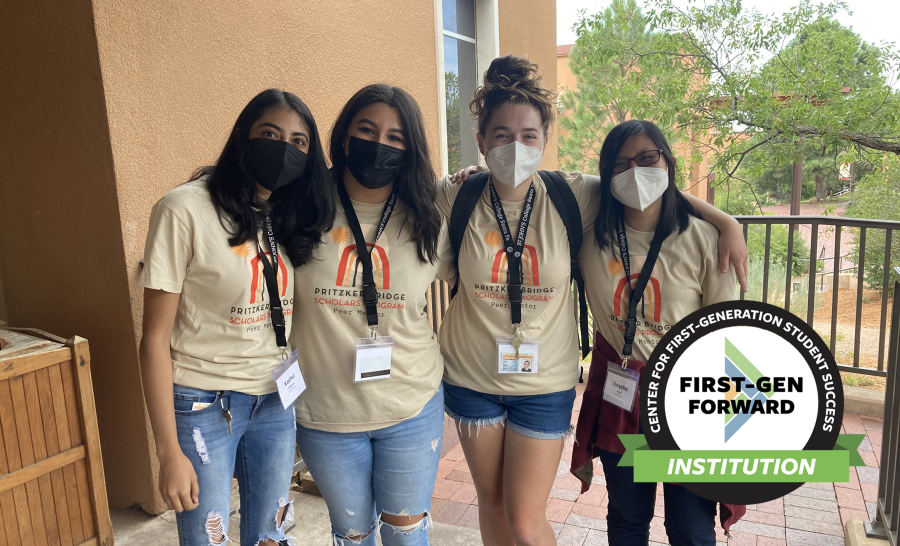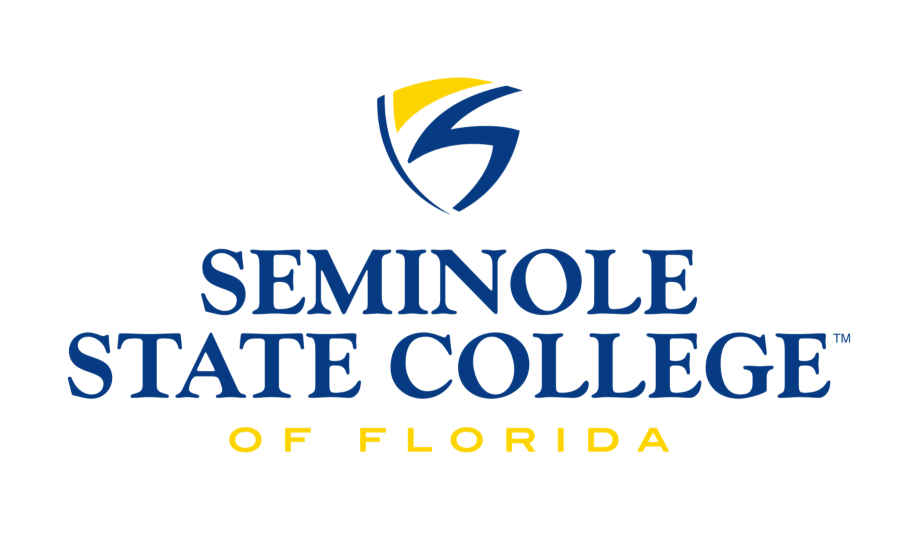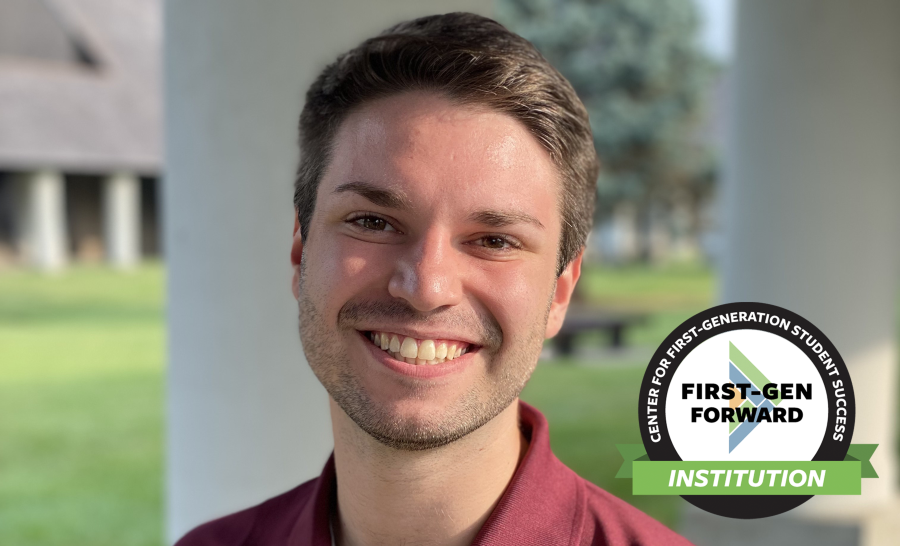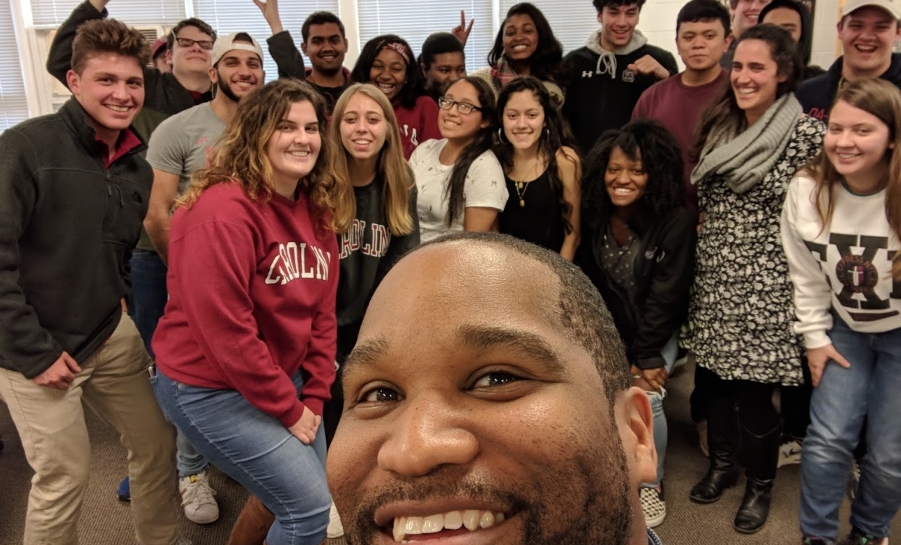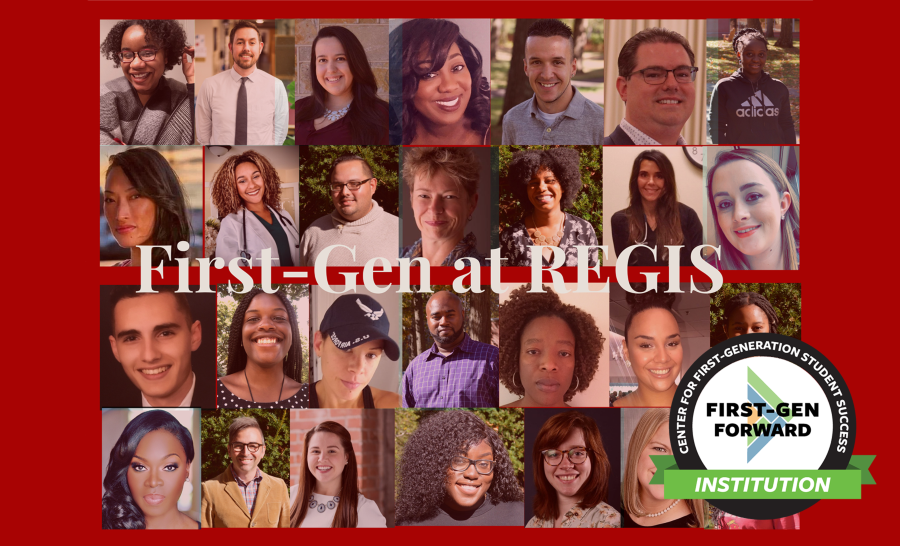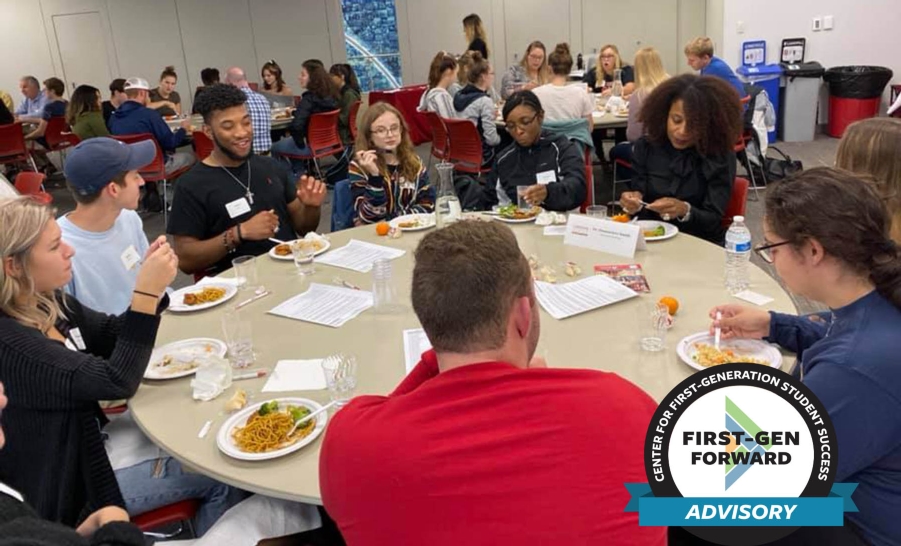The Power of Peer Mentor Training Framework
Lorie Kittendorf, Ph.D. & Anayah Walker, M.A., The University of Tampa / FirstGen Forward / February 03, 2021
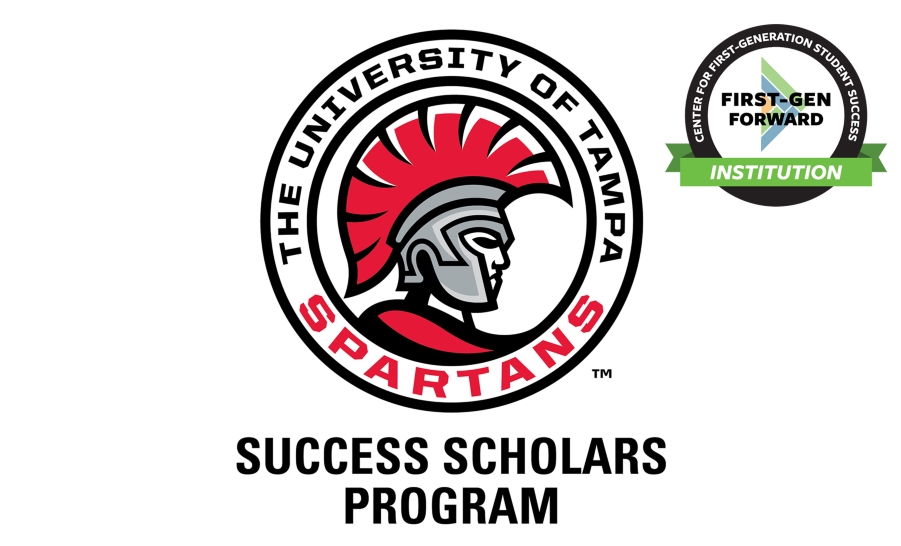
At the core of the Success Scholars Program at The University of Tampa is a team of approximately 18 undergraduate peer mentors, known as SPEARs (Spartan Peer Educating About Resources) who provide guidance and support to 400+ first-generation and underrepresented students every year. Being a peer mentor for a population of students who may have increased transition needs is a role that requires significant training and on-going support. The challenge is always making the training engaging, interactive, timely, and relevant, while also helping the SPEARs understand their own personal development that occurs through the training process.
In order to provide a structure that allows the SPEAR training program to make sense, we have aligned the training content to two conceptual frameworks: the CRLA International Peer Educator Training Program Certification, and The University of Tampa Spartan Ready® Competencies. In addition to these frameworks, the training topics are also clustered into themed days of:
-
Who we are (leadership, Strengthsfinder®, teambuilders, ice breakers, department history and culture)
-
What we do (relationship building, resource sharing, event planning and facilitation, challenging conversations, social media)
-
Why we do it (understanding student populations, wellness, mental health, diversity/equity/inclusion, social justice, Title IX)
-
How it is done (professional ethics, risk management, questioning skills, FERPA, data analysis and tracking, software platforms)
Every topic in the training matrix is coded with a CRLA requirement and a Spartan Ready® Competency so the SPEARs can continually connect the dots. Students sometimes engage in training programs with the understanding that they are learning to do a job without the understanding they are putting together the pieces for the much larger concept of articulating their own competency development.
The goal is that every SPEAR would be able to articulate how they improved on each of the Spartan Ready® competencies during their time with our program and have examples to share for each, as well.
For example, by identifying a training session on “Challenging Conversations” with the CRLA requirement of “Questioning and Listening Skills” and to the Spartan Ready® competencies of “Communication” and “Interpersonal Skills,” the students are better able to articulate how they are developing those skills. In addition, they can then identify the times in their role when they used those skills, which provides them with examples to use during interviews for jobs and internships. When faced with the inevitable question of “tell me about a time when you handled a challenging conversation and what was the outcome,” the SPEARs will be fully prepared to answer.
The SPEARs engage with all of this material through a week of training prior to the start of each term (Fall/Spring) and weekly staff meetings for on-going training and conversation. Sessions are facilitated either by program staff or campus partners. Including our campus partners in the SPEAR training process introduces the SPEARS to additional staff and resources, which they may need personally or for their roster of mentees. Transitioning this training to a completely virtual format due to COVID-19 definitely created some new facilitation challenges, but having a consistent structure in place provided a solid foundation for ensuring that the same outcomes were met, even if the activities and interactions had to be adjusted.
Each day of training includes reflection questions and conversations, followed by a post-training evaluation, and an end-of-semester self-evaluation. This allows the SPEARs to acknowledge short term learning gains, long-term application, and an assessment of where they might need additional training or experiences with certain competencies in future semesters. The goal is that every SPEAR would be able to articulate how they improved on each of the Spartan Ready® competencies during their time with our program and have examples to share for each, as well.
The evaluations also allow us to see where training might need to be improved. For instance, our most recent SPEAR training included a session on “Mentoring Transfer Students” as the SPEARs indicated that this was a population for whom they needed additional information. SPEARs now have further insight into barriers that transfer students face and methods of supporting them. The impact of this session is reflected in this comment, from Briana Cole (UT '22), lead SPEAR Mentor:
The mentoring transfer students’ presentation really opened my eyes to how different their experience can feel. Despite having prior knowledge due to mentoring transfer students on my roster, I didn't fully grasp how they felt.
This training structure has also allowed us to transition returning SPEARs into training facilitators, which further develops their skills and competencies. Each SPEAR who facilitates a session is provided with some flexibility to modify activities and update content (with approval), so they can think critically about how to engage their peers in the learning for their selected topic. Additionally, they are provided with personalized feedback on their presentation before facilitating to their peers, in a “train the trainer” type of session. Being able to add “developed and facilitated training content” to their resume is highly beneficial.
Although the Success Scholars Program was designed to support the 400+ first-generation and underrepresented students who opt in to the program, we have found that by turning the training program into a high impact practice for the SPEARs, the program experience for the Scholars is also improved. Since the SPEARs tend to be students who started as Scholars, the impact is even more rewarding.
As student affairs professionals, we tend to spend a great deal of time developing programming for the masses, but we cannot forget to invest time and energy into creating impactful experiences for small groups of student leaders, as the resulting ripple effect can be powerful.
For more information on The University of Tampa’s approach, please visit their website here.
